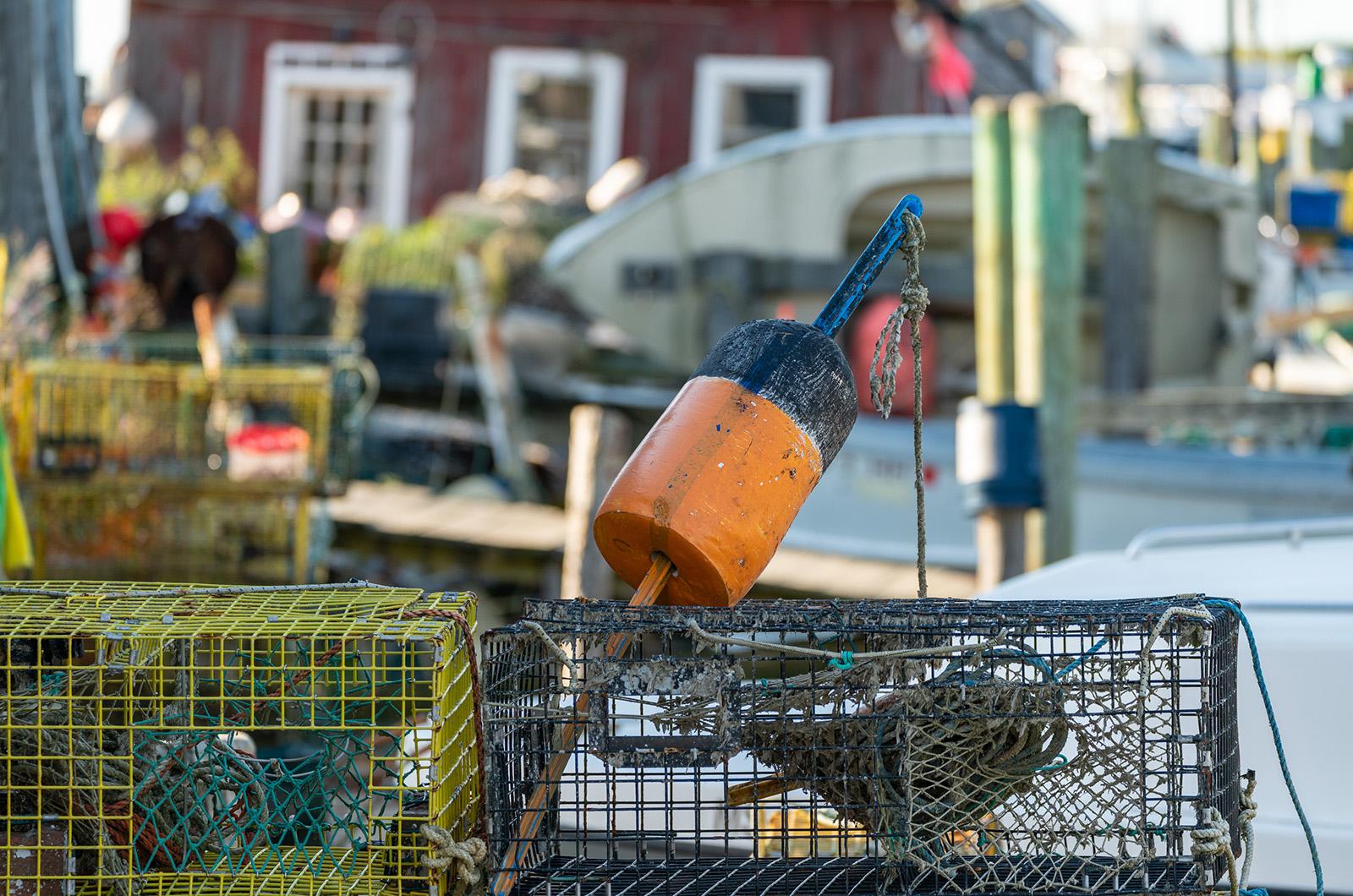Chilmark residents and town officials convened this week to discuss how best to manage Menemsha’s growing summer tourism.
In a Zoom meeting Wednesday, several attendees agreed that summer went smoothly in the seaside village this year, but they also voiced concerns about increased traffic and litter.
Chilmark resident and former board of health member Matt Poole praised Menemsha’s fish markets for their tantalizing menus, but cited their popularity as a source of growing trash and food waste in the area.
“The food at the two markets attracts a lot of people,” said Mr. Poole. “And the trash resulting is a given… so we need to face the fact that we need to start accommodating for more people.”
Jan Buhrman, who currently serves on the board of health, agreed, and asked the select board to form a subcommittee to tackle the village’s growing garbage problem.
“This can’t fall under the board of health, because as much as we talk about it at our meetings we don’t really have the clout to do a lot on our end,” she said. “We can ask each fish market or restaurant to pay attention to it… but we really need a subcommittee that really looks at this as a single entity.”
Parking and traffic have been a standing concern in Menemsha and other residents complained about drivers speeding down Menemsha’s roads and the lack of pedestrian walkways. Some proposed speed bumps and hiring more traffic enforcement.
“[People] like to just walk down the middle of the roads,” said resident Deborah Hancock. “It’s a wonder that nobody gets killed.”
Select board member James Malkin, who was moderating the meeting, added that there will always be some visitors who disobey signage and road safety rules no matter the level of enforcement.
“I know I’m only supposed to be listening, but my observation from having discussed this with a number of people this summer is that people are deliberately, aggressively, blissfully disinterested when walking down the middle of the roads,” said select board member James Malkin.
No official decisions were made, but Mr. Malkin assured attendees that their concerns would be discussed by the select board in the future.






Comments (8)
Comments
Comment policy »